It is that time of year again!
The time when I go through all the posts I have written in the last year and share which ones have been the most popular. I certainly didn’t write as many posts this year as in the past, but that is because for most of the year my writing time was consumed by “Walking with the Women of the New Testament”. Still, it was exciting to look back and see that some of my most visited posts were the ones about my book coming out!
Which made me happy.
I have heard such good feedback from people about the book and it made me down right giddy on Christmas (even though I had the stomach flu) to think about all the people who would be opening up my book as a gift! So thank you to everyone who has bought it, given it away, or even just admired it from afar.
Also, I am excited by the amount of people buying and downloading my Women in the New Testament Study Guides! I can’t wait for us to start studying the New Testament this year in Sunday School, there are going to be so many good conversations about women… I can just feel it!
But back to the topic of this post… in case you missed them… my FIVE most popular posts this year were…..
1) Being Called Woman
“Several times in the New Testament Christ calls his mother, Mary, by the term “woman.” He does it at the start of his ministry, when he performs his first miracle at the wedding in Canaan. When she expresses concern that there is no wine he responds,“Woman, what have I to do with thee? mine hour is not yet come.” (John 2:4). Then at the end of his ministry, as he was dying on the cross and his hour has come, he looked down at his mother and exclaimed,“Woman, behold thy son!” (John 19:26)
In modern English the use of the word “woman” sounds derogatory and coarse, or as one commentary I read said, “Like a motorcycle biker calling his girl.” Yet, Jesus obviously uses this word with respect for his mother. In fact, he uses the word more as a title than a pet name or a term of endearment. He calls her “woman” much in the same way that we might call someone “lady.” To us the word “lady” indicates a woman of nobility, influence and power which is what the word “woman” would have meant to Mary when Christ called her by it. Go back and re- read those scriptures in John again but this time substituting the word “lady” for the word “woman.” Can you see and feel how that illuminates what Christ is saying to her?
There is so much meaning tied up in that one little word… woman. Yes, Mary is his mother. Yes, she is his friend. Yes, she is his follower… but mostly she is a Woman. It is not a coincidence that he addressed her by this title at both the start of his ministry and at the end of his ministry. He recognized in her the nobility, power, influence, and glory that there is in being a woman- and even in his final moments on the cross–there was no greater title he could call her by. Read the rest
2) When Nurturing Doesn’t Come Naturally
“That word ” nurture” bothered me for a really long time.
I did not see myself as an innately nurturing person. As a young woman I didn’t really have a desire to be a mother. I hated to babysit and didn’t really enjoy being around children. I remember once having a conversation with one of my high school friends in the corner of the drama room. I made her promise that if I ever chose to be a stay-at-home mom that she would hunt me down, hit me over the head with a bat, and remind me that there was nothing I dreaded more than being tied down to a baby and a husband. I was certain that I just wasn’t cut out for motherhood, and that my talents would be better used else where.
Then I had a baby.
And all of a sudden I was filled with a crazy, intense love. It was a type love I’d never experienced before. It didn’t manifest itself like other types of love I had experienced; it wasn’t giddiness, tears, excitement, or passion it was just… fierce.
I loved that little baby like I loved myself; completely exasperated and critical of him one moment and then head over heels in crazy love the next. That kind of love scared me and fascinated me at the same time. I found myself pouring everything I had into him–my time, my body, my thoughts, my dreams, everything. Yet I still didn’t feel like a nurturer. Read the rest
3) A very Late Father’s Day Post
“I have been feeling sad about Solomon all week, about my wonderful ram who bravely protected his family… at the cost of his own life.
I know that “The Family: A Proclamation to the World” doesn’t really apply to sheep but I have been thinking about the part that states, “By divine design, fathers…are responsible to provide… protection for their families.” It impresses me that there was something innate in Solomon that compelled him to stand up for his family in the face of danger and to take the brunt of the abuse in order to save his “wife” and child.
He has made me think about all the good men in my life– Jon, my father, my brother, my father-in-law, my brother-in-laws– good men who I know would stand up for me. Men who would sacrifice their own desires, security and even their lives, to keep me and my children safe.
It isn’t that I am a damsel in distress. I am certainly capable of standing up for myself…” Read the rest
4) Women in the Scriptures Jeopardy
This is really a fun presentation and is perfect for introducing a group to the known (and little known) women of the scriptures. It includes women from the Old Testament, New Testament, Book of Mormon, Doctrine and Covenants and Pearl of Great Price. When I gave the presentation I had people keep track of how many points they earned and then gave out prizes to those who got the most. I think it worked really well. I also talked a little about each woman after she was “revealed” and it opened up some great topics for discussions.
The reader who requested it is going to use it for her Mother’s Day Relief Society lesson, which I thought was brilliant. Read the Rest
5) Miriam: Leprosy and a Bad Case of Spiritual Ego
Miriam’s question wasn’t wrong– it was a good question about the way in which God was operating His kingdom on the earth. Later on we see that her process of questioning opened up an important dialogue with God about the role and responsibilities of the prophet. It was because of her question that the Lord was able to give the Children of Israel more understanding about how the priesthood and God’s kingdom operates. The question isn’t what was the problem. The problem was that Miriam had, at at her core, what I have heard called “spiritual ego”. I loved how this woman explained what “spiritual ego” is:
What exactly is the spiritual ego…[it ]is borne the first moment… that a profound spiritual realization has been made. It is that part of self that feels it has accomplished something very special and it causes us to feel superior in relations to others because we believe we have made a realization that sets us apart from the masses. If we find ourselves at any point along the path of spiritual growth and expanding consciousness, feeling that we’ve arrived, conquered, or accomplished something really spiritually superior, and that this accomplishment puts us above others in any way, we can rest assured, we’ve activated the spiritual ego.
When we have spiritual ego we have an over inflated sense of our own spiritual ability and understanding. We begin to think that we are somehow unique, that God has told us or given us something that others don’t have. When we have spiritual ego we don’t ask questions sincerely desiring an answer or direction. Instead we ask a question, already thinking that we know what the answer should be. The problem is that, when the answer comes and it isn’t what you were expecting, it can be really hard to humble yourself and accept counsel. As a result it is usually spiritual ego that causes people to apostatize or leave the church. Read the Rest
Thank you for reading this year! And for your love and support for this next year… 2015 is going to be great!
Happy New Year!!

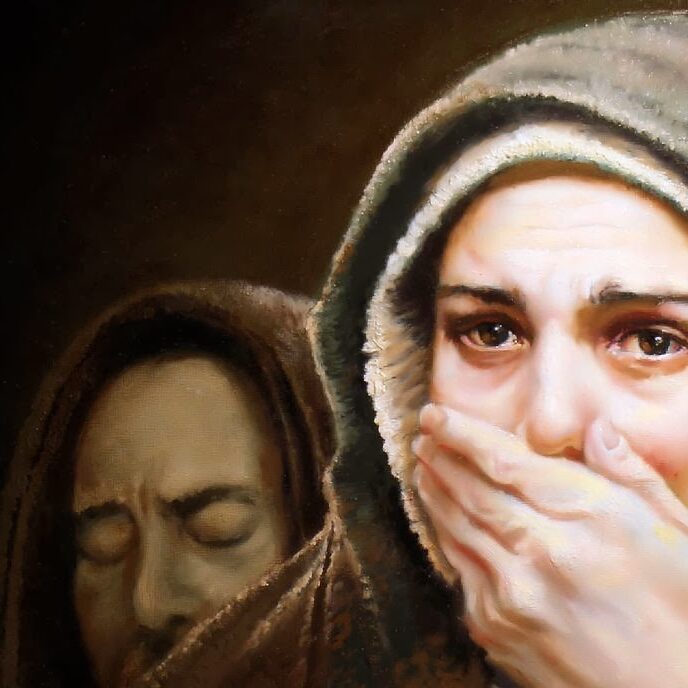
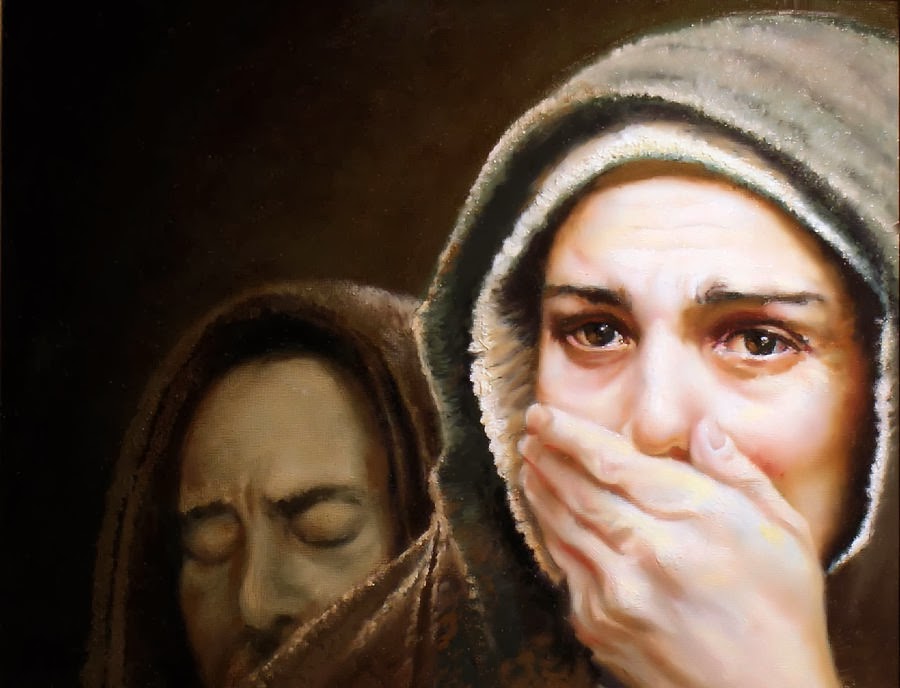
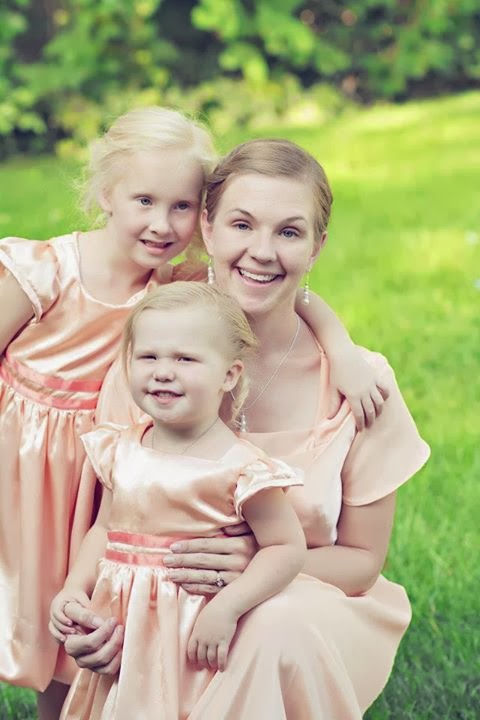

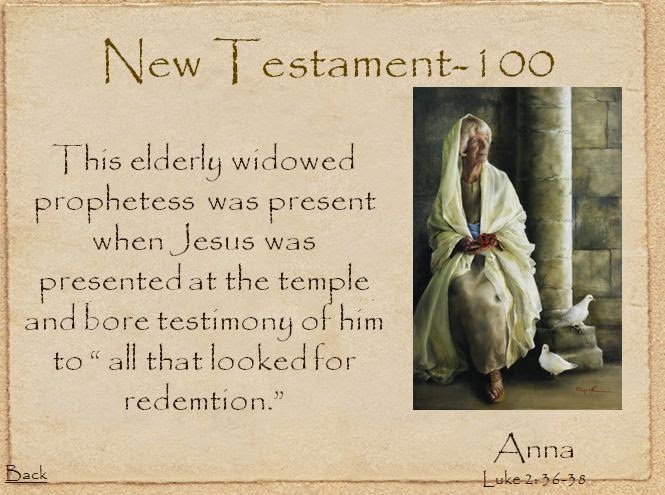
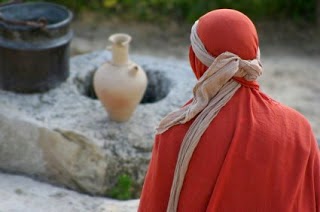






That freaking post about Solomon the best ram ever. I told the that story to a friend the other day and we both ended up tearing up!